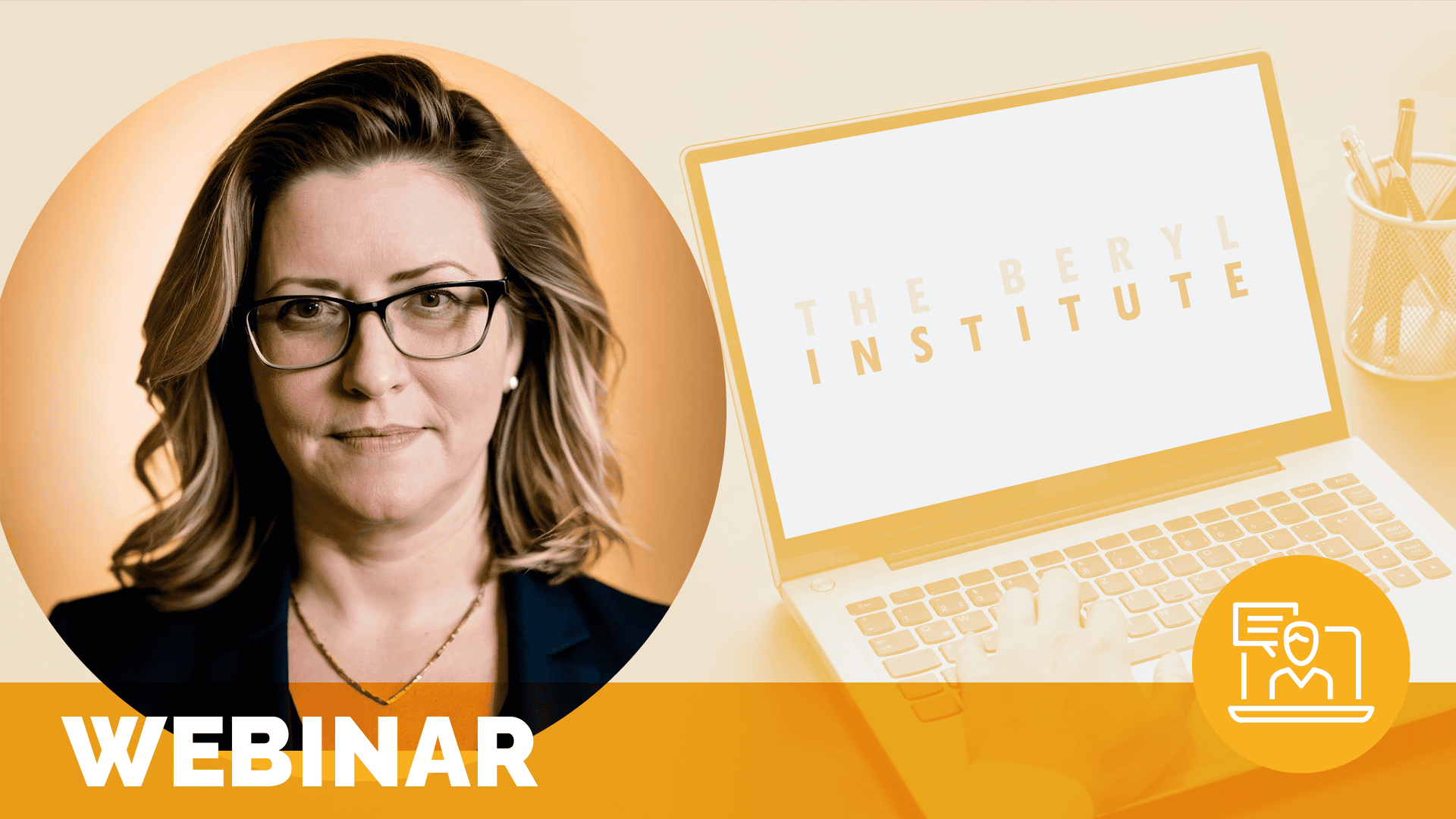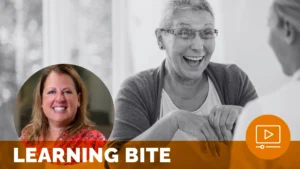Building Cognitive-Based Compassion into Service Recovery Training
Published October 23, 2025


Traditional service recovery training often focuses on key principles and de-escalation techniques, leaving learners with theoretical knowledge but lacking practical implementation skills. In response to rising workplace violence and increasing complaints, we redesigned our service recovery training to incorporate cognitive-based compassion training. This approach helps staff connect to their sense of empathy during emotionally charged situations. As a result, participants reported increased confidence in handling high-emotion interactions with patients and families. The training also fostered self-compassion skills, equipping staff to manage their emotional responses after challenging events. Join us to explore these innovative strategies and best practices for enhancing patient partnerships and improving service recovery outcomes.
Speaker: Maria Fernandez, MHA, CPXP | System Director of Patient Experience, Emory Healthcare
Learning Objectives:
-Impart the cultural dynamics impacting patient-caregiver interactions at a community-based hospital experiencing increases in complaints and workplace violence incidents.
-Share how integration of cognitive-based compassion training into service recovery and charge nurse training resulted in improved care team confidence in managing fraught situations.
-Explain how redesigning role-playing scenarios achieved more meaningful demonstrations of empathy to patient and family member suffering.
*This webinar is an encore presentation from ELEVATE PX 2025.
Non-members can purchase webinars at a cost of $49 each.
Related content
-
Patient Family & Community Engagement | Quality & Clinical Excellence | Staff & Provider Engagement
Collaborative Solutions for Managing Challenging Family Interactions
Published January 27, 2026

Discover a human-centered, multidisciplinary approach to navigating difficult family interactions in healthcare. This webinar shares how teams across all levels – clinicians, leaders, and families – developed tools, algorithms, and training processes to ensure safety, teamwork, and emotional support. Attend this webinar to learn practical strategies for creating healing environments and fostering collaboration to address
Learn more -
Staff & Provider Engagement
The Impact of the ED Service Ambassador Program
Published September 11, 2025

In this episode, Amy Kwiatkowski talks with Liddy Deacon of Sutter Health about their Emergency Department Service Ambassador Program. Liddy shares how ambassadors support patients and staff, foster meaningful connections, and improve care experiences across the ED.
Learn more -
Staff & Provider Engagement
The Happiness Advantage: Reenergizing Healthcare Teams to Improve Patient Experience
Published December 18, 2025

In this Learning Bite, Jenn Wells shares how Hancock Health follows the principles from the book The Happiness Advantage to reenergize exhausted teams. Grounded in practical, healthcare-specific examples, this session explores simple mindset shifts leaders can use to build resilience, rekindle joy at work, and create a culture where caring for patients begins with caring for those
Learn more
